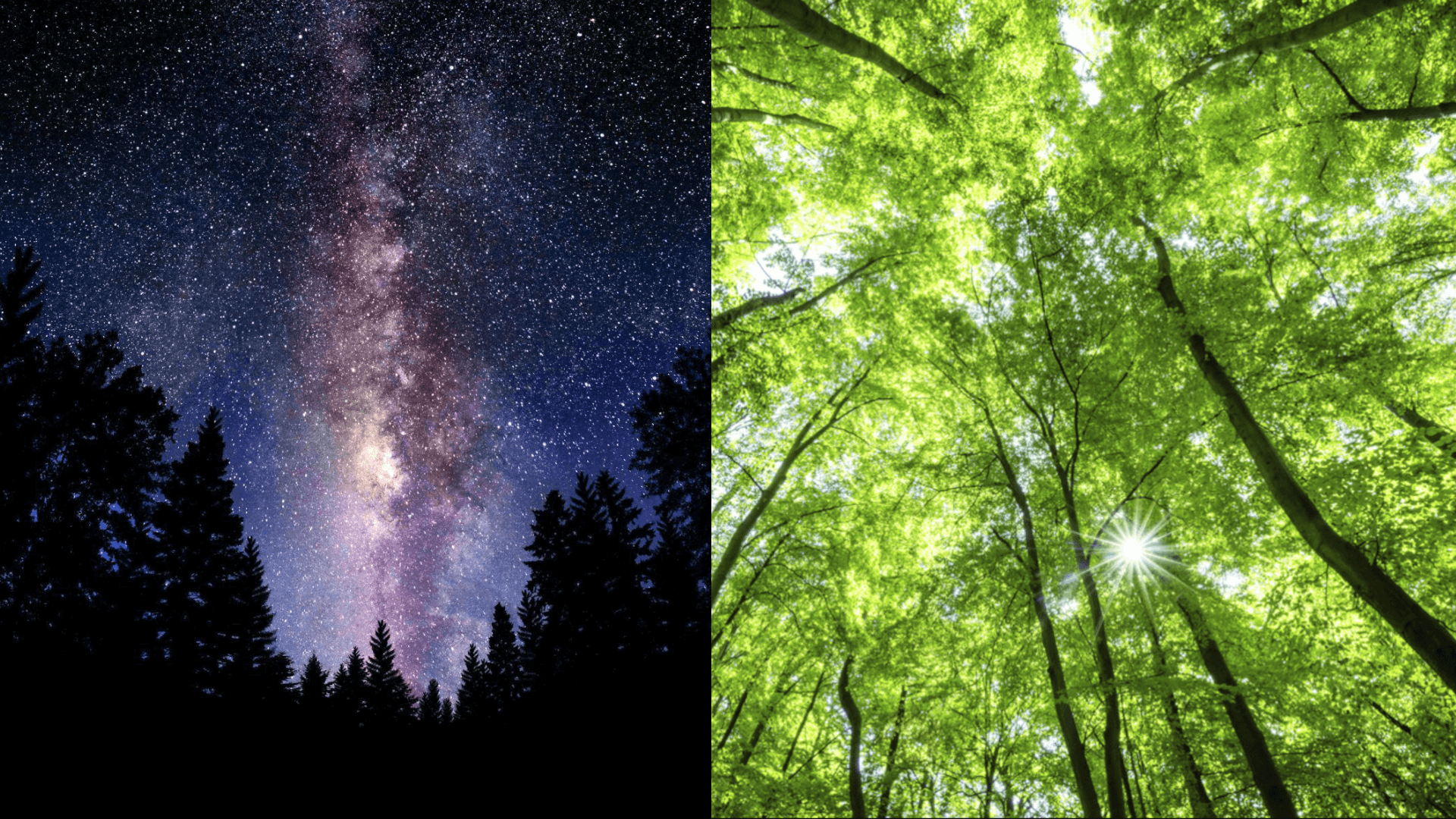
- This event has passed.
Religious Naturalism Part 1: Ontology & Orientation
November 10 @ 1:00 pm - 3:00 pm

Religious Naturalism (RN) is an emergent philosophical and theological movement informed by science and inspired by ancient wisdom. Its spiritual forebears include names such as Lao-Tzu, Lucretius, Baruch Spinoza, Ralph Waldo Emerson and Albert Einstein, who famously said that “science without religion is lame, religion without science is blind.”
The contemporary theorists and theologians of RN connect reverence for the sacred, or the divine, with the natural universe in ways both pragmatic and profound, offering novel and compelling possibilities for liberal religion. With a growing body of literature that has proliferated in the past several decades, these cell biologists, seminary professors, complexity theorists, ecologists, and “evolutionary evangelists” have shaped a unique approach to Creativity, God(s), theism/atheism, and humanity’s place in a changing universe.
In this three-part introduction, we’ll consider key ideas, some history and salient sources, and the emerging practices and possibilities of Religious Naturalism. Because the goal is an overview rather than a deeper study, we’ll use short text excerpts as well as a variety of video and audio resources. No reading in advance is needed.
Sources include: Ursula Goodenough, Thomas Berry, Stuart Kauffman, A. Powell Davies, John Dewey, Michael Dowd & Connie Barlow, Brian Swimme, Kendyl Gibbons, David Christian, Joseph Campbell and others.
Please contact AdultRE@uusm.org to RSVP.
Visit the For Members section for the full UUSM Google calendar.
